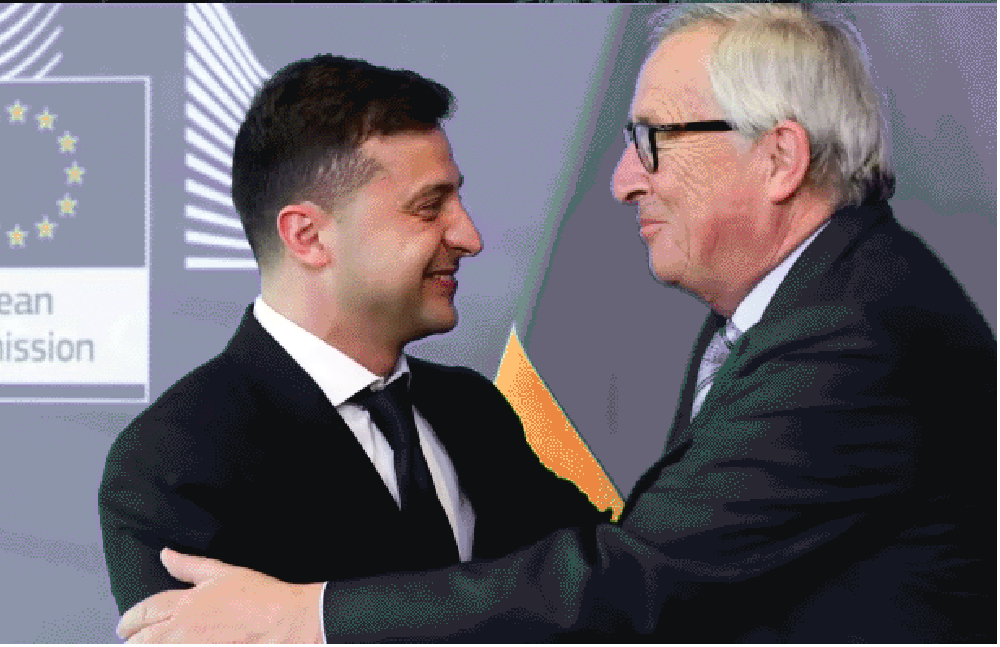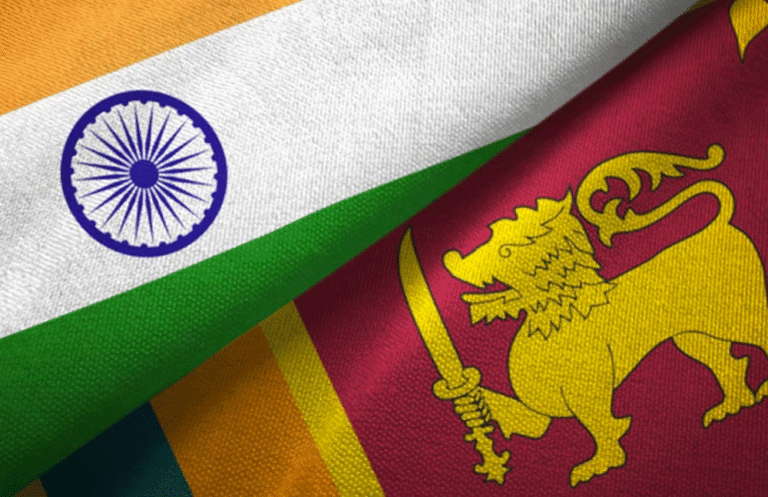European Leaders Seek Assurances from Donald Trump Ahead of Alaska Summit with Putin
Colombo, Sri Lanka – European leaders voiced cautious optimism after a virtual meeting with former US President Donald Trump on Wednesday, just two days before his high-stakes summit with Russian President Vladimir Putin in Alaska to discuss ending the war in Ukraine.

Trump reportedly told the European leaders that his primary goal for the summit was to secure a ceasefire between Moscow and Kyiv. He also agreed that any territorial negotiations must involve Ukrainian President Volodymyr Zelensky and include firm security guarantees, according to French President Emmanuel Macron.
Macron said the discussion helped “clarify his intentions” and allowed European leaders to “express our expectations.” Trump, joined by Vice-President JD Vance, spoke with leaders from the UK, France, Germany, Italy, Finland, and Poland, as well as EU chief Ursula von der Leyen and NATO Secretary-General Mark Rutte.
The Europeans have been sidelined from the hastily arranged Alaska summit, prompting Wednesday’s call as a last attempt to ensure Ukraine’s interests remain central to negotiations. By the evening, Trump described the meeting as “a 10” and warned that Russia would face “very severe” consequences unless it halted its war.
Trump hinted that if Friday’s meeting with Putin went well, he would attempt to arrange a “quick second one” involving both Putin and Zelensky. However, European leaders remain wary of Trump’s recent comments about potential “land-swapping” between Kyiv and Moscow, fearing he might concede Ukrainian territory to achieve a ceasefire.
Polish Prime Minister Donald Tusk stressed, “It’s most important that Europe convinces Donald Trump that one can’t trust Russia.” German Chancellor Friedrich Merz emphasized that Ukraine must be part of any follow-up talks.
Russia’s official stance, reiterated by Foreign Ministry spokesperson Alexey Fadeev, remains unchanged: Ukraine must withdraw from four partially occupied regions — Donetsk, Luhansk, Kherson, and Zaporizhzhia — and abandon its NATO membership ambitions. These demands have been dismissed by Kyiv and its European allies as unacceptable. Zelensky has warned that Russia would use any retained territory as a base for future invasions.
Several European leaders noted that security guarantees for Ukraine were discussed, with UK Prime Minister Sir Keir Starmer calling this “real progress.” He credited Trump’s efforts, saying the talks offered “a viable chance” to achieve a ceasefire after years of deadlock.
The UK and France, leading a “Coalition of the Willing,” pledged readiness to deploy a reassurance force after hostilities end, though its structure remains undecided. Meanwhile, Russian forces continue their summer offensive, with gains reported near Dobropillya in Donetsk.
Zelensky accused Putin of bluffing about sanctions’ ineffectiveness and urged allies to “apply more pressure.” Trump, acknowledging the difficulty of halting civilian attacks, admitted that Putin might not stop targeting civilians even after face-to-face talks.






